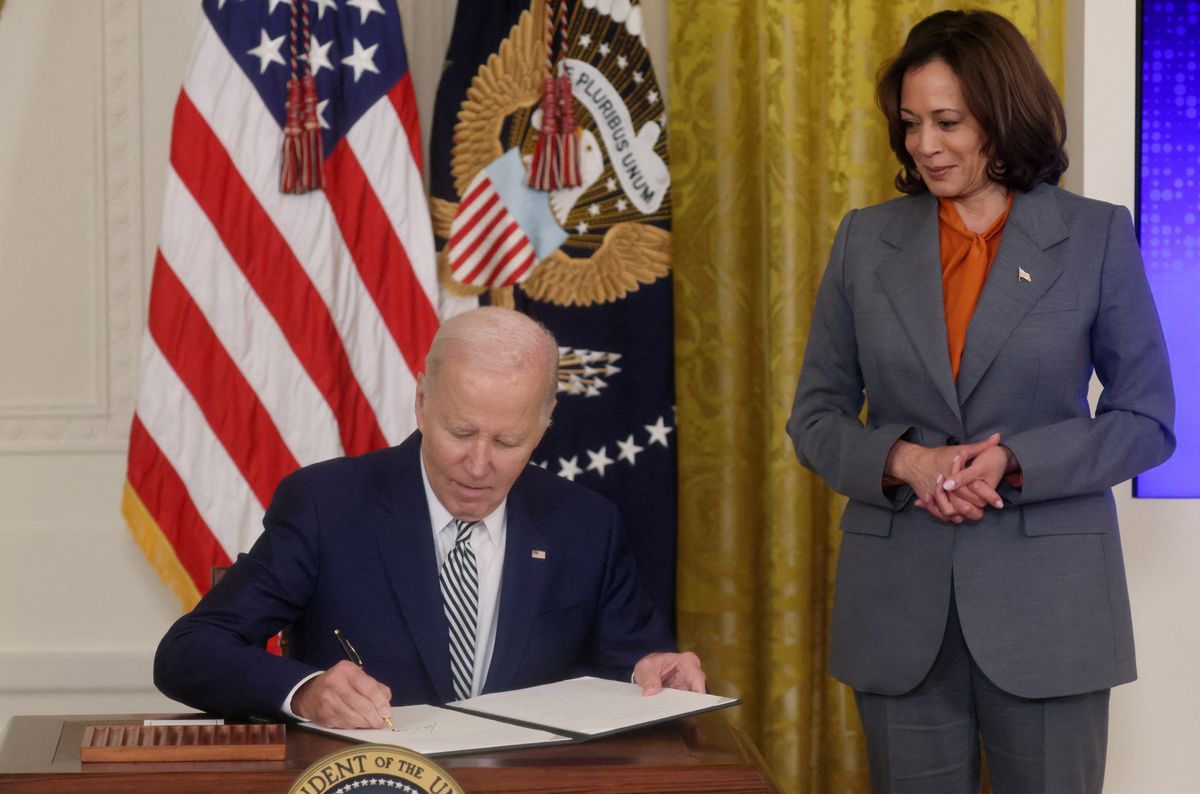US President Joe Biden on Monday signed an expansive executive order about artificial intelligence, ordering a bevy of government agencies to set new rules and standards for developers with regard to safety, privacy, and fraud. Under the Defense Production Act, the administration will require AI developers to share safety and testing data for the models they’re training — under the guise of protecting national and economic security. The government will also develop guidelines for watermarking AI-generated content and fresh standards to protect against “chemical, biological, radiological, nuclear, and cybersecurity risks.”
The US order comes the same day that G7 countries agreed to a “code of conduct” for AI companies, an 11-point plan called the “Hiroshima AI Process.” It also came mere days before government officials and tech-industry leaders meet in the UK at a forum hosted by British Prime Minister Rishi Sunak. The event will run tomorrow and Thursday, Nov. 1-2, at Bletchley Park. While several world leaders have passed on attending Sunak’s summit, including Biden and Emmanuel Macron, US Vice President Kamala Harris and European Commission President Ursula von der Leyen plan to participate.
When it comes to AI regulation, the UK is trying to differentiate itself from other global powers. Just last week, Sunak said that “the UK’s answer is not to rush to regulate” artificial intelligence while also announcing the formation of a UK AI Safety Institute to study “all the risks, from social harms like bias and misinformation through to the most extreme risks of all.”
The two-day summit will focus on the risks of AI and its use of large language models trained by huge amounts of text and data.
Unlike von der Leyen’s EU, with its strict AI regulation, the UK seems more interested in attracting AI firms than immediately reining them in. In March, Sunak’s government unveiled its plan for a “pro-innovation” approach to AI regulation. In announcing the summit, the government’s Department for Science, Innovation, and Technology boasted the country’s “strong credentials” in AI: employing 50,000 people, bringing £3.7 billion to the domestic economy, and housing key firms like DeepMind (now owned by Google), while also investing £100 million in AI safety research.
Despite the UK’s light-touch approach so far, the Council on Foreign Relations described the summit as an opportunity for the US and UK, in particular, to align on policy priorities and “move beyond the techno-libertarianism that characterized the early days of AI policymaking in both countries.”

















